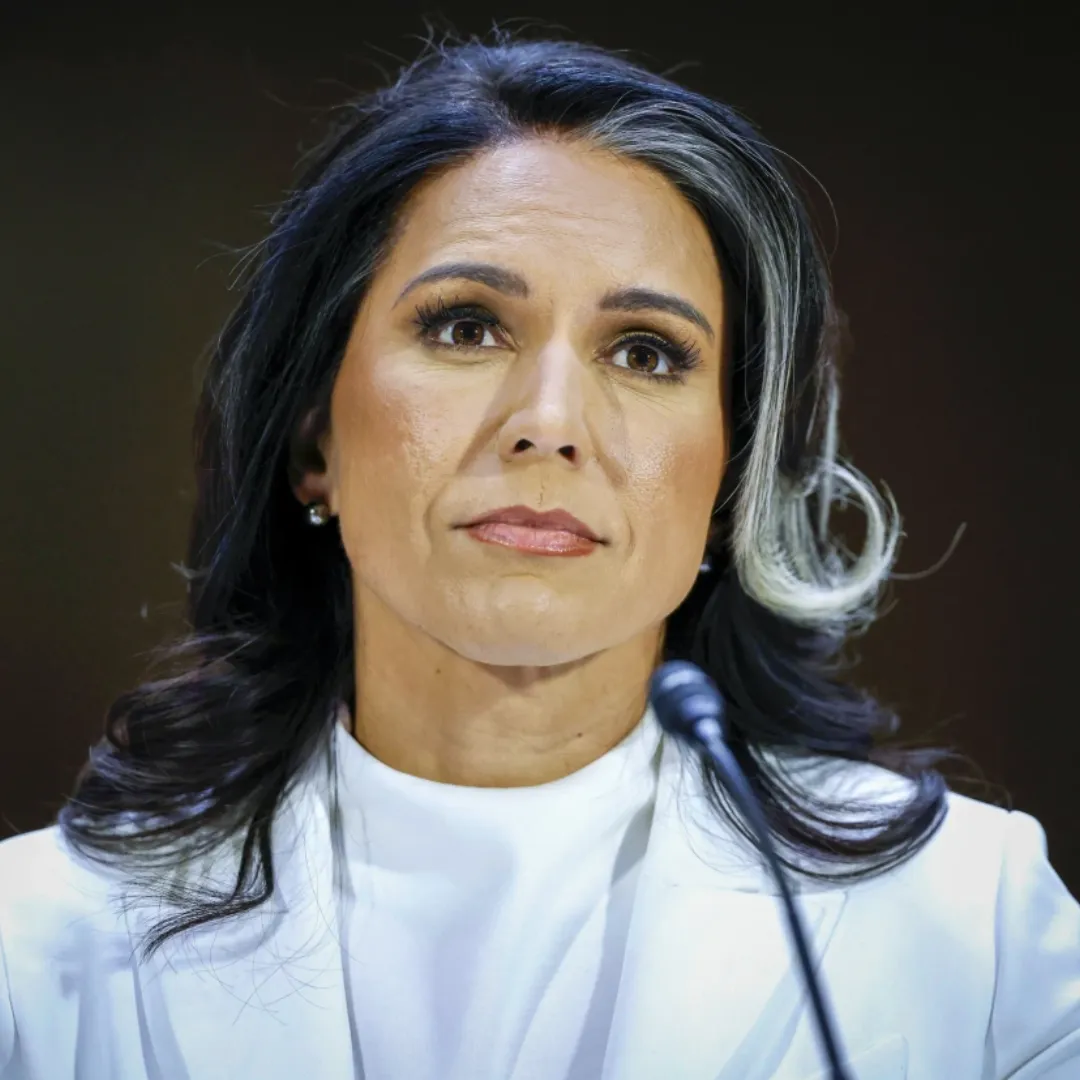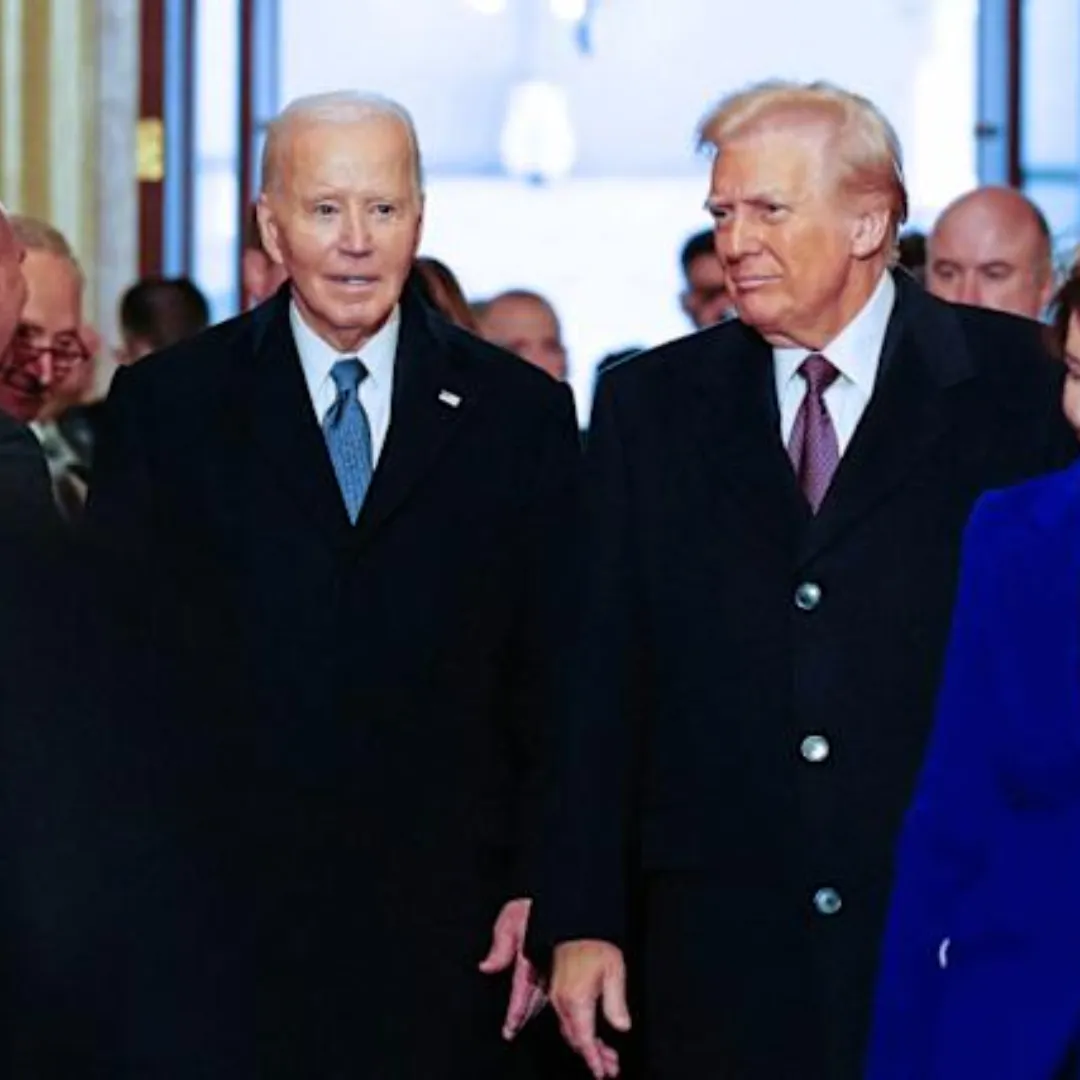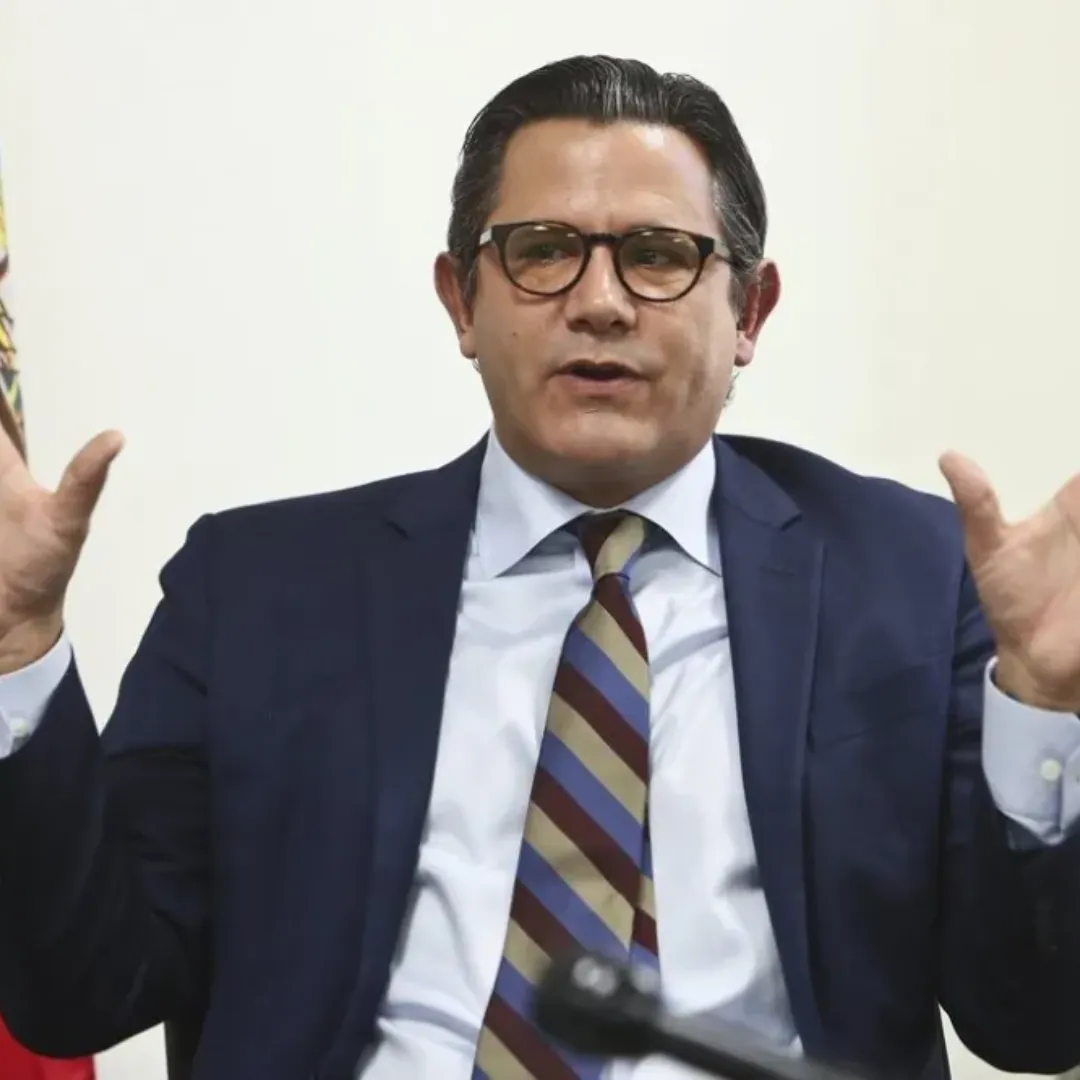
As President Donald Trump’s first 100 days come to a close, the results of his tenure are clear — a historic failure by almost every measure.
From the economic landscape to foreign policy, from his handling of the law to the growing public disillusionment with his leadership, Trump's first months in office have been marked by chaos, destruction, and an utter disregard for the institutions that have kept the country running for centuries.
The stock market, once a key measure of success for any president, has seen sharp declines during Trump's time in office, and the economy has slowed, as consumer and business confidence has plummeted.
On top of this, the Federal Reserve has warned that Trump's trade war with China is only going to result in higher inflation and slower economic growth. “Growth has slowed in the first quarter of this year from last year’s solid pace,” Federal Reserve Chair Jerome Powell said, signaling the uncertainty surrounding Trump’s policies.
Despite his promises, Trump has failed to deliver on his promises of reducing tariffs and curbing inflation.
Beyond the economy, Trump has been a failure on the international stage as well. His promises to end the wars in Gaza and Ukraine have proven hollow, as violence in Gaza has reignited and Russia continues to brutally attack Ukraine, undermining Trump’s overtures to Russian President Vladimir Putin.
Trump’s foreign policy has been characterized by erratic behavior and a reckless disregard for alliances that have kept the peace for generations.
His decision to engage in a trade war with long-standing allies like Canada, Mexico, the European Union, and Japan has alienated key partners, and his threats against countries like Greenland and Panama have only made matters worse.

Trump’s approach to foreign relations has left the United States more isolated than at any time in recent history.
China has become more emboldened under Trump’s leadership, flexing its muscles in Taiwan and expanding its influence around the world while the U.S. retreats from its role as a global leader.
“What we’re witnessing with Trump is just raw vengeance and belittling fellow Americans and creating a tinderbox situation that makes people feel we’re in a neo-civil war that could go sideways at any moment,” said historian Douglas Brinkley.
Perhaps most alarming has been Trump’s approach to the U.S. Constitution and the rule of law. His administration has faced over 80 legal defeats in court, many of them regarding executive orders that defy the law.
From defying a unanimous Supreme Court ruling to dismantling key safeguards and eliminating inspectors general, Trump has systematically undermined the legal systems designed to keep the executive branch in check.
These actions signal a troubling disregard for the separation of powers, which is a cornerstone of American democracy.
In the face of all these failures, Trump has done little to improve his standing in the eyes of the public. His approval ratings have been on a downward trajectory, and polling data shows that majorities of Americans believe the country is heading in the wrong direction.
A recent Economist/YouGov poll found that only 42 percent of Americans approve of Trump’s performance, while 52 percent disapprove. These numbers represent a significant drop from his earlier days in office, further illustrating his inability to unite the country or inspire confidence in his leadership.

The failures of Trump’s first 100 days cannot be attributed solely to bad luck or unforeseen challenges. These failures are a result of his leadership style — a style that prioritizes personal gain, ego, and vindictiveness over the well-being of the American people.
From his divisive rhetoric to his reliance on executive orders to bypass Congress, Trump has repeatedly shown that he is more interested in settling scores than in solving problems.
His disdain for established norms and institutions, including the judiciary, the media, and the federal bureaucracy, has created a chaotic, unstable political environment that has left many Americans feeling frustrated, fearful, and powerless.
Trump’s first 100 days are also notable for their profound impact on the media landscape. The President has waged an all-out assault on the free press, labeling journalists as “enemies of the people” and using government agencies to target media outlets that he deems hostile to his agenda.
This pattern of attacks on the media, combined with his efforts to control the flow of information and stifle dissent, is reminiscent of authoritarian regimes that use the power of the state to silence opposition.
One of the most glaring aspects of Trump’s first 100 days has been his use of government resources for personal gain.
From the blatant self-enrichment that has occurred under his administration, to his exploitation of his office for political purposes, Trump has turned the presidency into a vehicle for advancing his own interests.
His continued efforts to evade accountability for his actions, whether in regard to his business dealings or his personal conduct, further highlight the extent to which he views the presidency as a tool for self-aggrandizement rather than public service.

This pattern of behavior has deeply disturbed many Americans, both on the left and the right. While Trump’s base of supporters remains fiercely loyal, there is growing concern among independent voters and even some Republicans about the direction of the country under his leadership.
Even those who initially supported him are beginning to question whether his divisive, chaotic approach is really what the country needs in the long term.
As Trump’s first 100 days draw to a close, it is clear that he has accomplished little in terms of meaningful policy victories. Despite the bold promises he made on the campaign trail, Trump has failed to deliver on key issues like healthcare reform, tax cuts, and infrastructure spending.
His attempts to repeal Obamacare have been unsuccessful, and his proposed tax cuts have been mired in controversy. The infrastructure plan he unveiled was widely regarded as a pipe dream, lacking the necessary details and political support to ever become a reality.
Despite all this, Trump’s critics argue that the true impact of his presidency will be felt long after his time in office has ended. His attacks on democratic institutions, his disregard for the rule of law, and his penchant for sowing division and chaos will have lasting consequences for the country.
The damage he has done to America’s global reputation, its political stability, and its social fabric may take years to undo.
Historians and political analysts are already beginning to assess Trump’s first 100 days and his broader legacy. Many believe that what we are witnessing is not just a series of failed policies or poor decisions, but rather the collapse of a political order that has governed America for centuries.
"What we’re witnessing with Trump is just raw vengeance and belittling fellow Americans," said Brinkley. "It’s a tinderbox situation that makes people feel we’re in a neo-civil war."

Despite his failures, Trump’s presidency has also emboldened a segment of the population that feels disenfranchised by the political establishment.
For these Americans, Trump’s chaotic, no-holds-barred approach to governing has been a source of inspiration and hope. They see him as a man willing to fight the system, even if it means burning it all down in the process.
But as Trump moves into the second half of his term, the question remains: How much longer can this strategy sustain him? With the country facing significant challenges on every front, it is becoming increasingly clear that Trump’s approach to leadership is only deepening the nation’s divisions.
In a time of crisis, Americans need more than just a leader who throws bombs and blames others. They need someone who can bring the country together, solve real problems, and restore faith in the institutions that have long kept America strong.
As historians look back on Trump’s first 100 days, they will undoubtedly view them as a turning point in American history. But whether those 100 days will ultimately define his presidency as one of great failure or great transformation remains to be seen.
What is undeniable, however, is that the first months of Trump’s term have been nothing short of chaotic, marked by failure, division, and a complete disregard for the principles that have long defined the United States.

The question now is whether Trump can turn things around. And if not, whether the country will ever be able to recover from the damage he has caused.



